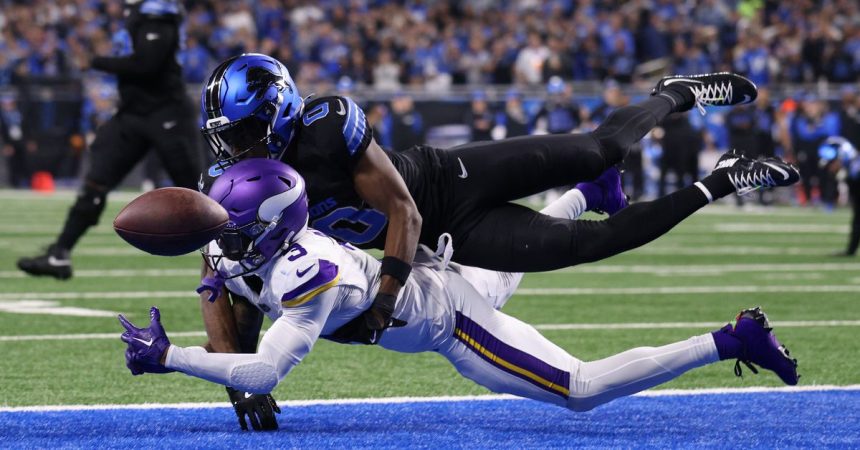In a groundbreaking move, Fox announced that Super Bowl LIX, scheduled for February 9th, 2025, will be streamed live on Tubi, its free, ad-supported streaming platform. This marks a significant shift in Super Bowl accessibility, making the coveted event available to a broader audience without the need for traditional cable subscriptions or expensive live TV streaming packages. Viewers will be able to experience the game in 4K resolution, free of charge, through the Tubi app on various devices, including smartphones and smart TVs. However, unlike Tubi’s regular content, a Tubi account will be required to access the Super Bowl stream.
This decision signifies Tubi’s growing prominence within the Fox Corporation’s portfolio and underscores the increasing importance of streaming platforms in the broadcasting landscape. Previously, Super Bowl broadcasts were largely confined to linear television, with online streaming options often limited to the network’s website and app, or requiring subscriptions to paid live TV services. Fox’s decision to stream Super Bowl LIX on Tubi reflects a recognition of changing consumer habits and the growing preference for on-demand, accessible content. While Fox held the broadcasting rights for Super Bowl LVII in 2023, the game was primarily aired on traditional television, its website, and app, with limited free streaming options for cord-cutters. The upcoming Tubi stream represents a departure from this approach, potentially foreshadowed by a Tubi commercial aired during Super Bowl LVII that humorously disrupted the broadcast.
Tubi’s coverage of Super Bowl LIX will extend beyond the game itself, with pre-game festivities commencing at 3:30 PM ET on February 9th. Olivia Culpo will host a red-carpet event, adding a touch of glamour to the pre-game buildup. While Tubi takes center stage in terms of free streaming access, Super Bowl LIX will also be available on a range of other platforms, including traditional broadcast television through Fox and Fox Deportes, catering to Spanish-speaking viewers via Telemundo. Furthermore, the game will be accessible on Fox’s website, offering another online viewing option, as well as the NFL Plus app, providing fans with various choices for experiencing the event.
This announcement holds considerable weight for Tubi, marking its inaugural foray into Super Bowl streaming and its largest live sporting event to date. Having been acquired by Fox in 2020, Tubi has steadily grown its user base, boasting an impressive 97 million monthly active users as of early 2024. The decision to stream Super Bowl LIX on Tubi represents a strategic move to leverage this substantial audience, further establishing the platform as a major player in the streaming arena. It also offers Fox an opportunity to capitalize on advertising revenue during one of the most-watched sporting events globally.
The clarification regarding the account requirement for streaming Super Bowl LIX on Tubi addresses an initial misunderstanding about access. While Tubi’s regular programming is available without an account, the Super Bowl stream will necessitate one for viewing. This requirement likely serves multiple purposes, potentially including personalized advertising opportunities, data collection for usage analysis, and improved content management. It’s also worth noting that while Super Bowl LVII was offered on paid streaming services, it was also available for free through the Fox Sports app, broadening the accessibility options for that particular event.
The streaming of Super Bowl LIX on Tubi represents a pivotal moment in sports broadcasting, marking a shift towards greater accessibility and embracing the growing influence of free, ad-supported streaming platforms. This move benefits not only viewers seeking more convenient and affordable ways to watch the Super Bowl but also reinforces Tubi’s position as a significant force in the streaming landscape. It allows Fox to reach a wider audience and potentially attract new users to the Tubi platform, while simultaneously capitalizing on the lucrative advertising opportunities surrounding the Super Bowl. This development signifies a broader trend in media consumption, with traditional broadcasting models gradually adapting to the changing preferences of a digitally-driven audience.



